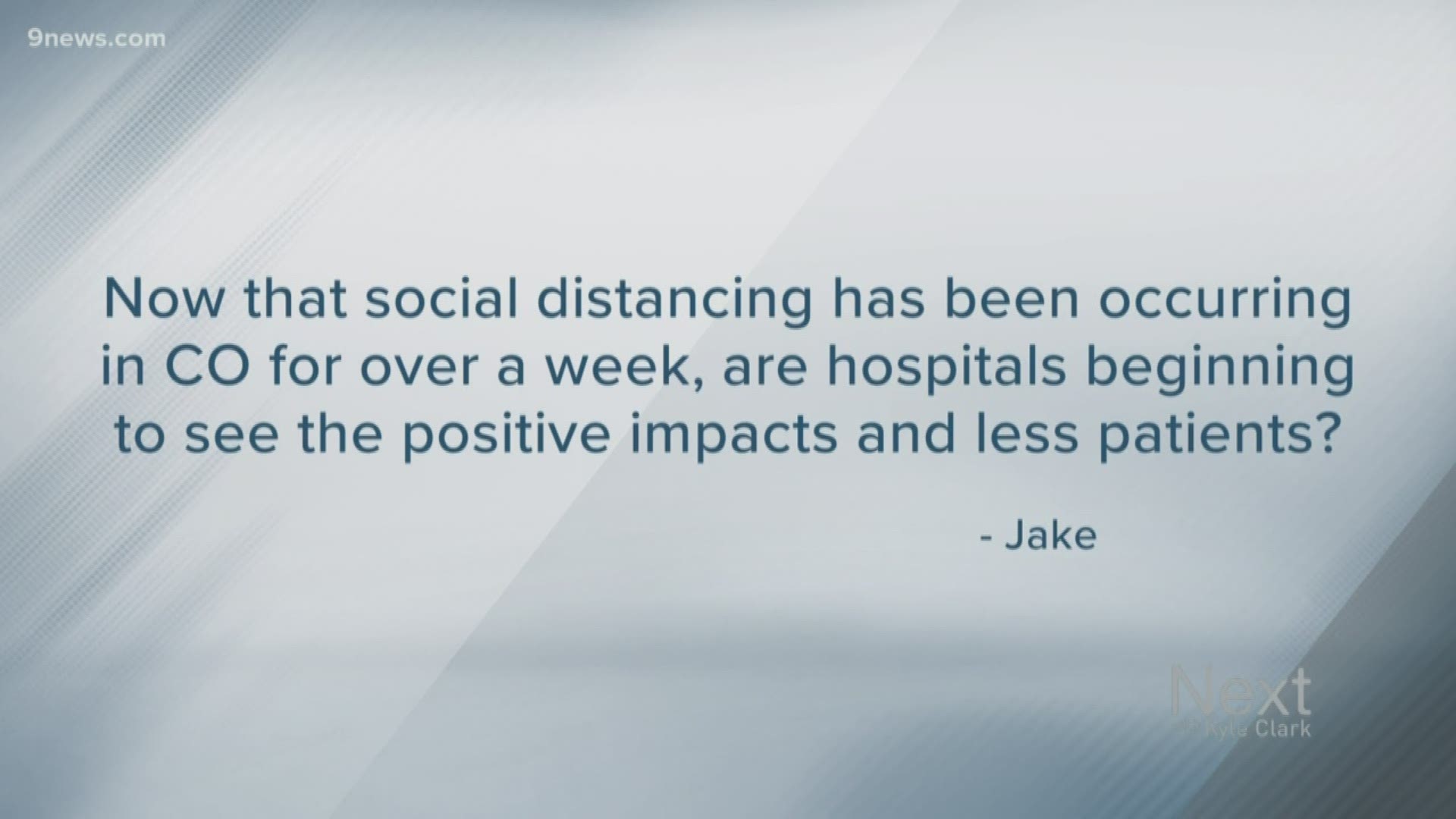DENVER — The Colorado Apartment Association released guidance for landlords grappling with tenants who have been impacted by the novel coronavirus pandemic.
Colorado has seen record applications for unemployment after social distancing measures have shuttered restaurants, bars, salons and other businesses that cater to crowds of more than 10 people at a time. The Colorado Apartment Association – a trade organization representing dozens of housing complexes and developers -- said it created a COVID-19 task force to begin to address concerns that many people may soon have trouble paying rent.
RELATED: RTD may cut service due to COVID-19
Here are some of the steps the Colorado Apartment Association has recommended that landlords take through at least April 30:
- Create payment plans for residents who can’t pay rent due to virus-related loss of income.
- Waive all late fees through April 30.
- Refrain from enforcing eviction orders through April 30.
- Avoid rent increases.
- Share the Colorado Housing Financial Assistance Programs and Apartment Association of Metro Denver’s list of resources for renters
- To take proper social distancing measures, limit entry to rental properties to only emergency maintenance.
- Follow HIPAA rules for resident/employee privacy if someone who lives in or works in a complex tests positive for COVID-19.
- Increase cleaning in common areas.
- Follow Colorado Gov. Jared Polis’ order to allow 50% of the workforce to work from home.
- Maintain emergency maintenance for renters.
Mark Williams, the executive vice president of the Colorado Apartment Association, also said he is encouraging landlords to set up payment plans for tenants who may have lost their source of income due to the outbreak.
“If a resident has concerns that he or she may not be able to pay rent in full, we encourage you to reach out to your housing provider to discuss the situation as soon as possible,” Williams said in a news release.
Many of these recommendations are in line with guidance Polis issued to landlords last week.
During a news conference aimed at addressing his office’s response to the economic impacts of the virus, Polis asked that landlords not charge late fees for rent until April 30, and that law enforcement not use their resources to respond to foreclosures or evictions.
It’s worth mentioning that all of these recommendations are guidance rather than laws, and decisions remain up to individual landlords.
In Englewood, the city government said it is strongly advising commercial landlords to offer rent relief to tenants in need.
"Federal and state disaster relief measures currently being formulated are expected to benefit commercial property borrowers, many of whom are also landlords, and may be positioned to offer rent relief without incurring equivalent losses in revenue," the news release from the city of Englewood reads.
SUGGESTED VIDEOS | Local stories from 9NEWS

